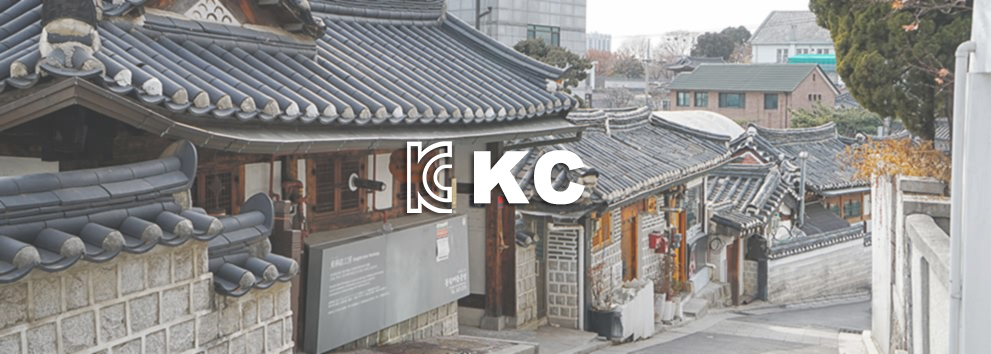South Korea releases draft KC62368-1 and seeks comments
South Korea releases draft KC62368-1 and seeks comments,
KC,
▍What is KC?
Since 25th Aug., 2008,Korea Ministry of Knowledge Economy (MKE) announced that the National Standard Committee will conduct a new national unified certification mark — named KC mark replacing Korean Certification during the time between Jul. 2009 and Dec. 2010. Electrical Appliances safety certification scheme (KC Certification) is a mandatory and self-regulatory safety confirmation scheme according to Electrical Appliances Safety Control Act, a scheme which certified safety of manufacture and sale.
The difference between mandatory certification and self-regulatory (voluntary) safety confirmation:
For the safe management of electrical appliances, KC certification is divided into mandatory and self-regulatory (voluntary) safety certifications as the classification of danger of product.The subjects of Mandatory certification is applied to electrical appliances which its structures and methods of application may cause serious dangerous results or obstacle such as fire, electric shock. While the subjects of self-regulatory (voluntary) safety certification is applied to electrical appliances which its structures and methods of application can hardly causes serious dangerous results or obstacle such as fire, electric shock. And the danger and obstacle can be prevented by testing the electrical appliances.
▍Who can apply for KC certification:
All legal persons or individuals both at home and abroad who are engaged in manufacturing, assembly, processing of electrical appliance.
▍Scheme and method of safety certification:
Apply for KC certification with product’s model that can be divided into basic model and series model.
In order to clarify model type and design of electrical appliances, an unique product name will be given according to its different function.
▍ KC certification for Lithium battery
- KC certification standard for lithium battery:KC62133:2019
- Product scope of KC certification for lithium battery
A. Secondary lithium batteries for use in portable application or removable devices
B. Cell is not subject to KC certificate whether for sale or assembled in batteries.
C. For batteries used in energy storage device or UPS (uninterruptible power supply), and their power which is greater than 500Wh are beyond the scope.
D. Battery whose volume energy density is lower than 400Wh/L comes into certification scope since 1st, Apr. 2016.
▍Why MCM?
● MCM keeps a close cooperation with Korean labs, such as KTR (Korea Testing & Research Institute) and is able to offer the best solutions with high cost performance and Value-added service to clients from the point of lead time, testing process, certification cost.
● KC certification for rechargeable lithium battery can be gained by submitting a CB certificate and convert it into KC certificate. As a CBTL under TÜV Rheinland, MCM can offer reports and certificates which can be applied for conversion of KC certificate directly. And the lead time can be shortened if applying CB and KC at the same time. What’s more, the related price will be more favorable.
On April 19, 2021, Korean Agency for Technology and Standards issued a KC62368-1 draft and seek for opinions through the Announcement 2021-133. The general content is as follows:
1. Standard① based on IEC 62368-1, Audio/video, information and communication equipment – Part 1: Safety requirements,no technical change。
2. Standard① will be implemented from the day it is officially announced and replace the standard ②③④; at the same time, the latter will be implemented until December 31, 2022 and abolished.
3. The KC62368-1 draft has been publicly released by KATS and is currently in the stage of soliciting comments. The deadline for comments is June 18, 2021.
March 31st.2021 WTO/TBT announcement website has released the content of the revised version of GB 31241-20xx. Below
shows the main differences between this announcement version and the first version in 2014:









